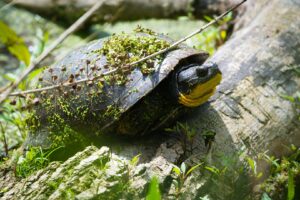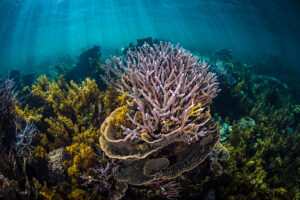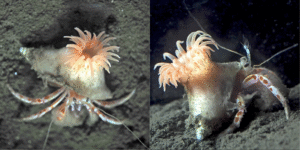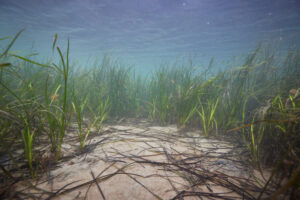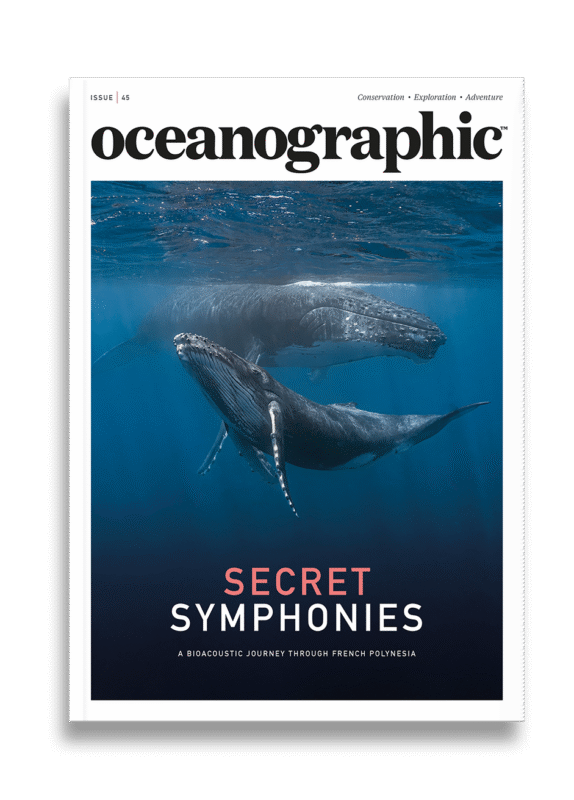'Soft law' tactic 'ocean's best shot' at community-led conservation
A new study from the University of Exeter suggests that this softer, more adaptable approach to conservation is key to building resilience in a rapidly changing world, promoting collaboration, sustainable development, and biodiversity protection.
In many corners of the world, people are learning that saving nature doesn’t always mean shutting humans out. From coastal fishing villages to mountain valleys, a new analysis of UNESCO Biosphere Reserves has shown that flexible governance – guided more by trust and collaboration than by strict legal codes – can help communities and ecosystems thrive together.
A new study from the University of Exeter suggests that this softer, more adaptable approach to conservation is key to building resilience in a rapidly changing world, promoting collaboration, sustainable development, and biodiversity protection.
The study, led by Dr Tiago de Melo Cartaxo of the University of Exeter, suggests that – unlike rigid regulatory systems – the adaptive governance model used in Biosphere Reserves encourages local participation and fosters stronger connections between people and nature – and approach that is becoming increasingly vital in the faces of climate change and biodiversity loss.
“UNESCO Biospheres serve as models for enhancing local governance in sustainability and resilience,” said Dr de Melo Cartaxo. “They show how valuing local voices can drive more sustainable and equitable outcomes. They are not the only solution – but they can certainly be part of it.”
UNESCO Biospheres were established to balance the protection of cultural and natural heritage with the wellbeing of the people who live within them. Each Biosphere integrates conservation, sustainable development, and education, encouraging locally driven responses to global environmental pressures.
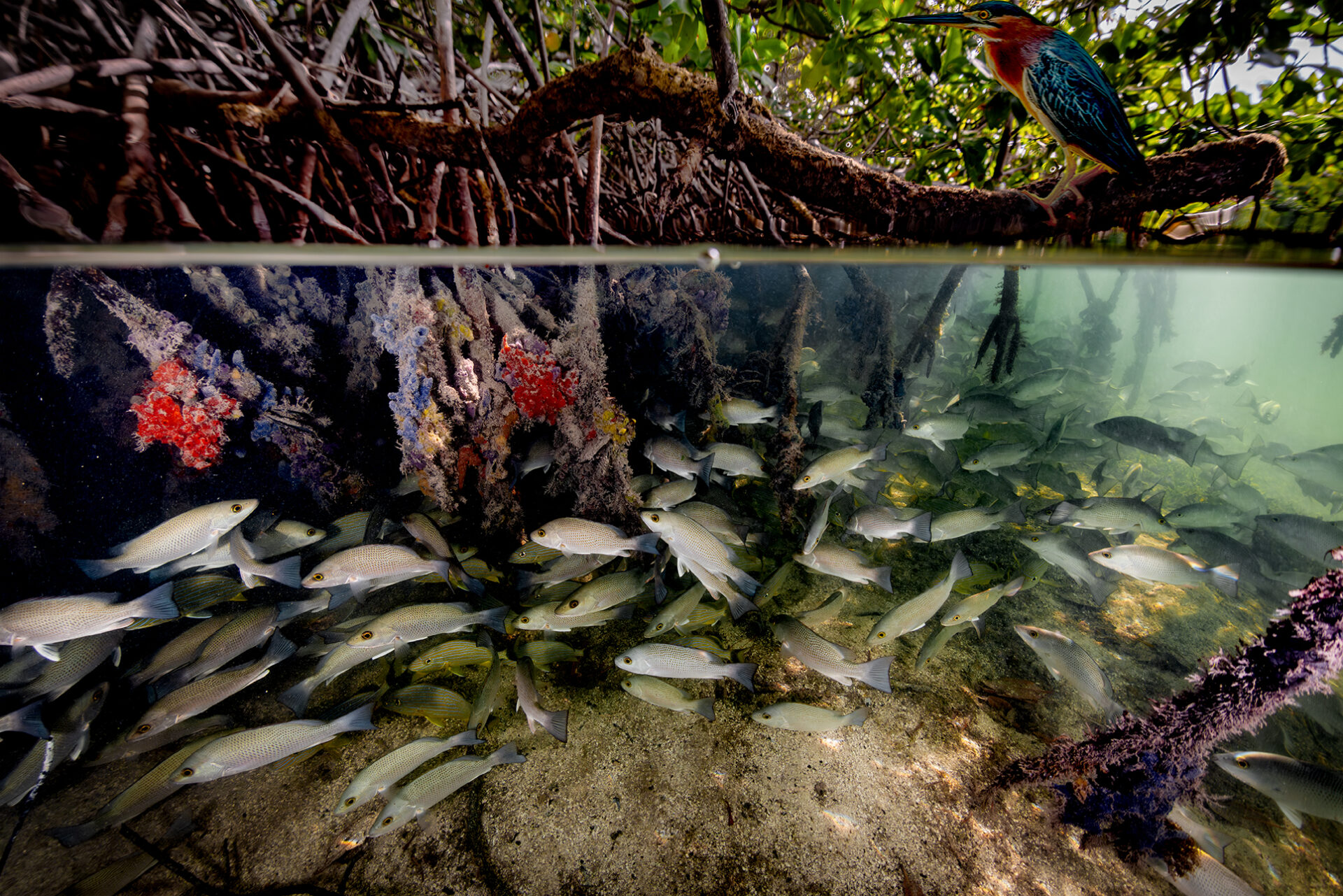
Dr de Melo Cartaxo’s research underscores how this flexible governance model – rooted in inclusivity, dialogue, and continuous adaptation – contrasts sharply with conventional “hard law” systems that often overlook local knowledge and context.
“By empowering communities and facilitating stakeholder dialogue, Biosphere Reserves demonstrate that fostering local agency can lead to more effective environmental stewardship,” he said. “Regulations should evolve alongside ecosystems and societies – not constrain them.”
The analysis found that creating feedback loops between governance structures and community practices is key to maintaining ecological integrity and improving social resilience. This adaptive capacity, Dr de Melo Cartaxo argues, could inform broader environmental policy reforms worldwide.
As global environmental pressures intensify, UNESCO Biospheres are emerging as living laboratories for sustainability – places where law, ecology, and human experience converge to shape more harmonious futures for both people and planet.
Notable marine and coastal UNESCO Biosphere Reserves from around the world include the likes of Clayoquot Sound Biosphere Reserve in Canada, which – located on Vancouver Island, British Columbia – has become a model for Indigenous-led marine stewardship. It includes temperate rainforests – salmon-bearing rivers, and nearshore ecosystems vital to the Nuu-chah-nulth First Nations.
Meanwhile, the Seaflower Biosphere Reserve in Colombia is one of the largest marine biosphere reserves in the world, covering more than 180,000 km² of the Caribbean Sea. It includes coral reefs, seagrass meadows, and small island communities whose livelihoods depend on sustainable fishing.
The UK boasts its own UNESCO Biosphere in Devon, where, anchored around the River Taw–Torridge estuary and Bideford Bay, this reserve supports marine research, oyster restoration, and coastal adaptation projects responding to climate change.
These marine and coastal Biosphere Reserves demonstrate how flexible governance – like that discussed in Dr. de Melo Cartaxo’s research – enables local communities to adaptively manage resources, protect biodiversity, and sustain livelihoods in a changing climate.


"*" indicates required fields
Printed editions
Current issue
Back issues
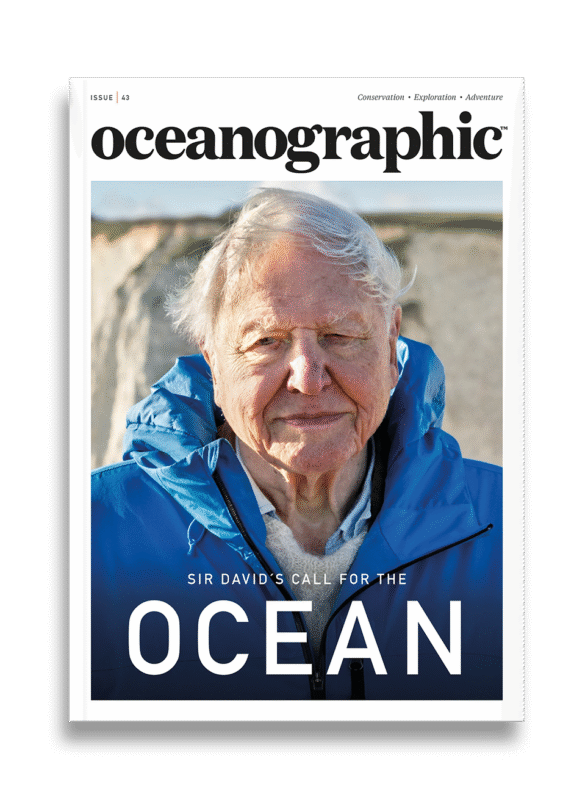
Back Issues
Issue 43 Sir David Attenborough’s ‘Ocean’

Back Issues
Issue 41 Holdfast to the canopy
Enjoy so much more from Oceanographic Magazine by becoming a subscriber.
A range of subscription options are available.

